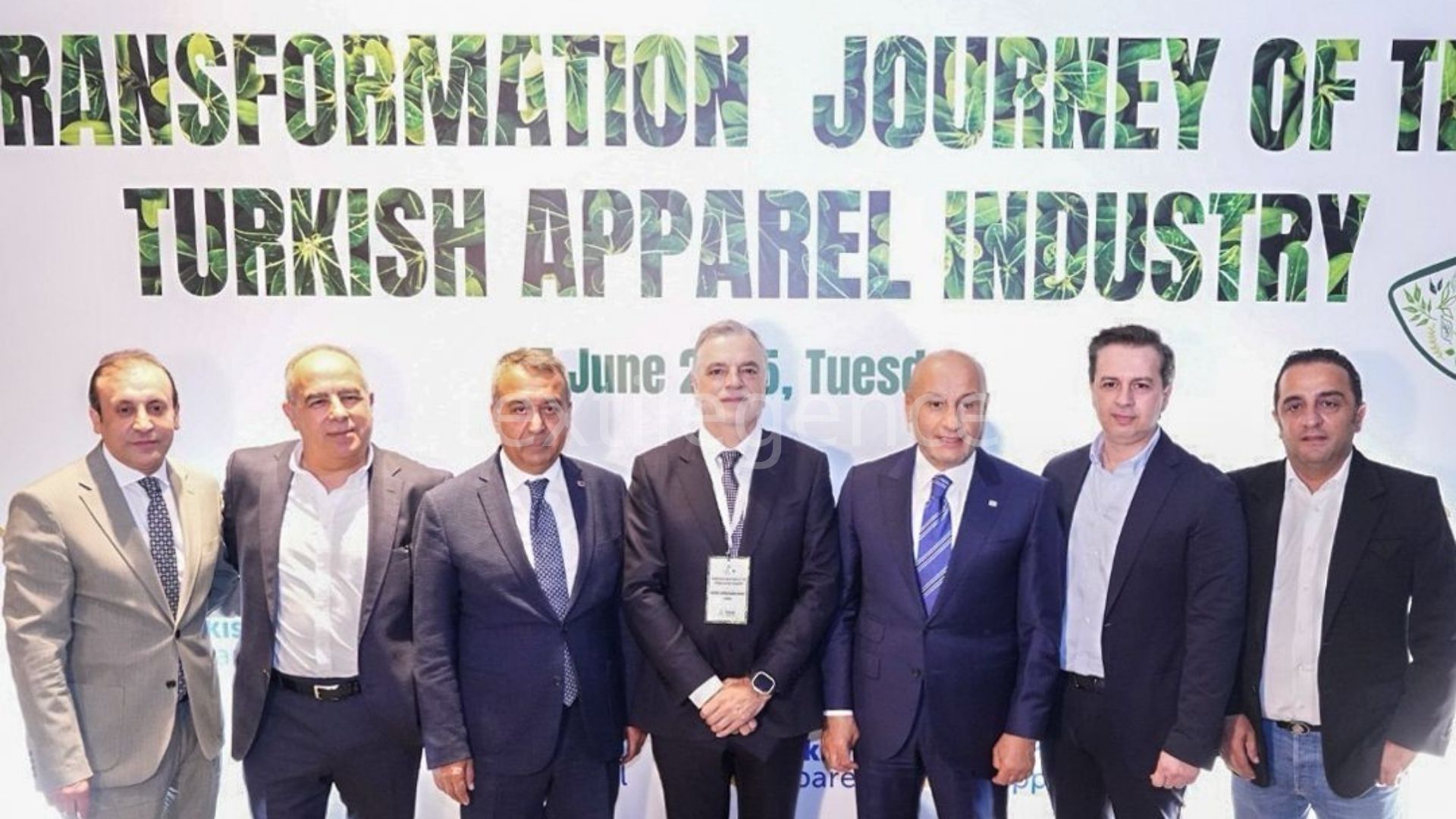Speaking at the ‘Transformation Journey of the Turkish Apparel Industry’ conference held at the Mandarin Oriental Bosphorus in Istanbul, on June 17, 2025, senior executives from across the value chain outlined how Türkiye needs to capitalize on its close sourcing advantages while simultaneously accelerating its digital and green transition to remain competitive against emerging supply points.
At the conference, hosted by the Istanbul Apparel Exporters’ Association (IHKIB), one of the current agenda items was the demands for updating the EU-Türkiye Customs Union, which has been in force since 1995. TİM President Mustafa Gültepe stated that the Customs Union in its current form limits the cooperation between Türkiye and the EU rather than supporting it.
Mario Jorge Machado, President of the European Apparel and Textile Confederation (Euratex), highlighted the areas of reform that need attention under the agreement. He listed these as services, digital trade and sustainability standards. Emphasizing the strategic importance of the relationship between the EU and Türkiye, which is the EU’s third largest textile and apparel supplier, Machado stated that the EU is Türkiye’s primary export destination and accounts for more than 40 percent of Türkiye’s textile and apparel exports. Euratex calls for the rapid launch of this Customs Union modernization process to unlock the full potential of EU-Türkiye textile cooperation, Machado said, noting that the sector is under intense regulatory pressure with the European Commission implementing vast changes under the European Green Deal framework.
Turkish apparel manufacturers make significant progress in sustainability and digitalization despite challenges
Dirk Vantyghem, Managing Director of Euratex, said that a major change is coming, with a completely new regulatory framework for the textile and apparel industry, including eco-design requirements, a digital product passport, enhanced due-dilligence legislation and stringent traceability standards, and that it is important how the industry, including Türkiye, responds to this change.
Turkish industry leaders said that despite these challenges, they have made significant progress in meeting sustainability and digitalization requirements. Mustafa Gültepe noted that Turkish apparel manufacturers have used €37 million in EU grant funding for transformation projects, and that among the sector’s investments, Türkiye is involved in the EU-funded Midas Project within the European Digital Innovation Hubs (EDIH) Network, designed to help SME manufacturers digitize and become more sustainable.
Dr. N. Pınar Artıran, assistant professor of international trade law at Istanbul Bilgi University, emphasized that the harmonization obligation extends beyond market access and stated that even if you produce in another country, especially in textiles and ready-to-wear, when you bring goods to the EU market, you must produce in accordance with these harmonization laws.
“Sustainability is impossible without transforming procurement practices”
Cem Altan, President of the International Apparel Federation (IAF), criticized current purchasing practices that undermine sustainability investments, emphasizing that sustainability is impossible without transforming procurement practices and that all investments in green manufacturing and social compliance will be at risk if brands and retailers continue to prioritize only the lowest cost.
From a US market perspective, Steve Lamar, President and CEO of the American Apparel & Footwear Association (AAFA), said that despite the current tariff uncertainties under the Trump administration, Türkiye is well positioned to capitalize on supply chain diversification trends, noting that Türkiye has strong artisanship, a reputation for quality, proximity to and knowledge of European markets, and strong existing US brand partnerships.
Finally, Euratex’s Jorge Machado noted that geopolitical tensions are “encouraging the regionalization of global value chains”, adding weight to the close supply narrative and creating opportunities to create a robust regional value chain in and around Europe by modernizing the Pan-European-Mediterranean rules of origin.


